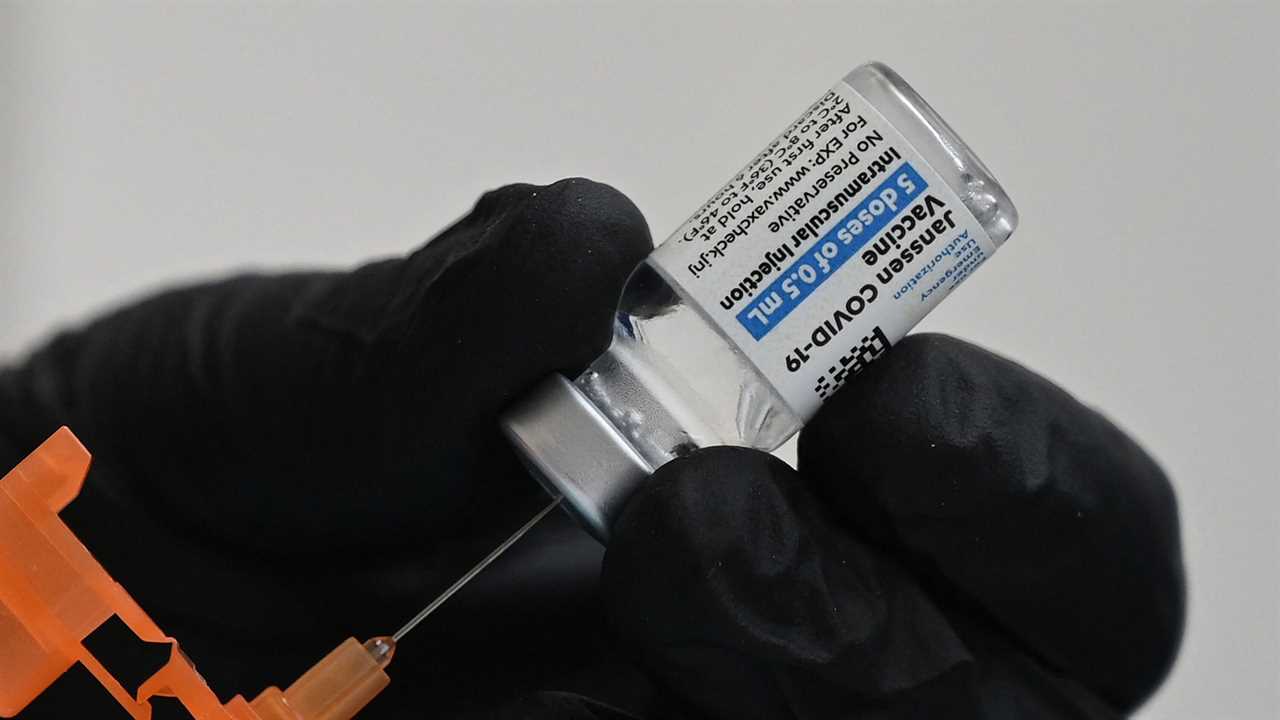
The Food and Drug Administration’s vaccine advisory panel will meet on Friday to discuss and vote on whether to recommend authorizing booster shots of Johnson & Johnson’s one-dose coronavirus vaccine.
The session, which is set to begin at 8:30 a.m. Eastern time and will be streamed on YouTube, comes a day after the same committee voted unanimously in favor of the F.D.A. granting emergency authorization of a half-dose booster of Moderna’s vaccine, at least six months after the second dose. An F.D.A. ruling on a Moderna booster could come within days.
Representatives from Johnson & Johnson will present their case Friday morning, followed by a presentation from federal regulators on the company’s data. The panel will vote in the afternoon. The F.D.A. typically follows the panel’s advice.
While Thursday’s gathering on Moderna’s booster application concluded without significant disagreement, Friday’s could be messier. In an analysis published on Wednesday of Johnson & Johnson’s application for a booster dose, regulators questioned the strength of the data and the methods used to gather it, saying repeatedly that they did not have time to verify the company’s claims about the benefits of the extra doses.
The committee may still recommend the shots. The effectiveness of Johnson & Johnson’s vaccine has long been lower than that of the two-dose mRNA vaccines made by Moderna and Pfizer-BioNTech, and vaccine experts have said that the 15 million people in the United States who have received the single-dose Johnson & Johnson shot are likely in need of additional protection.
Also on the schedule is a discussion of a study conducted by the National Institutes of Health that found Johnson & Johnson recipients may benefit more from a booster dose of the Moderna or Pfizer-BioNTech vaccine.
Preliminary data from the study — testing a strategy known as “mix and match” — showed that those who got a Johnson & Johnson shot followed by a Moderna booster saw their antibody levels rise 76-fold within 15 days, whereas those who received another dose of Johnson & Johnson saw only a fourfold rise in the same period. A Pfizer-BioNTech booster shot raised antibody levels in Johnson & Johnson recipients 35-fold.
“At the end of the day, folks having the Johnson & Johnson should probably get an mRNA booster,” said Scott Hensley, an immunologist at the University of Pennsylvania. “It’s just a matter of, how much data does the F.D.A. need before making that recommendation?”
“I wouldn’t want to be in their shoes,” he added.
In its analysis this week, the F.D.A. did see a potential improvement in protection from a Johnson & Johnson booster given two months after the first shot, based on a large trial sponsored by the company.
“Although not independently confirmed by F.D.A. from data sets, summaries of the data suggest there may be a benefit in a second dose administered approximately two months after the primary dose,” the agency said in its report.
Did you miss our previous article...
https://trendinginthenews.com/usa-politics/those-buried-at-guantnamo-graveyard-never-found-their-way-home






